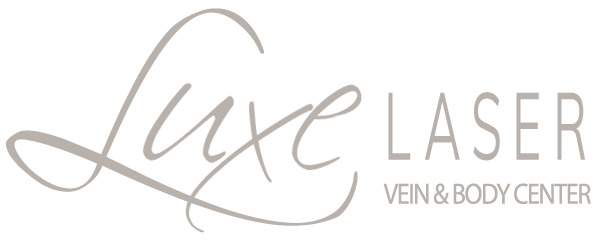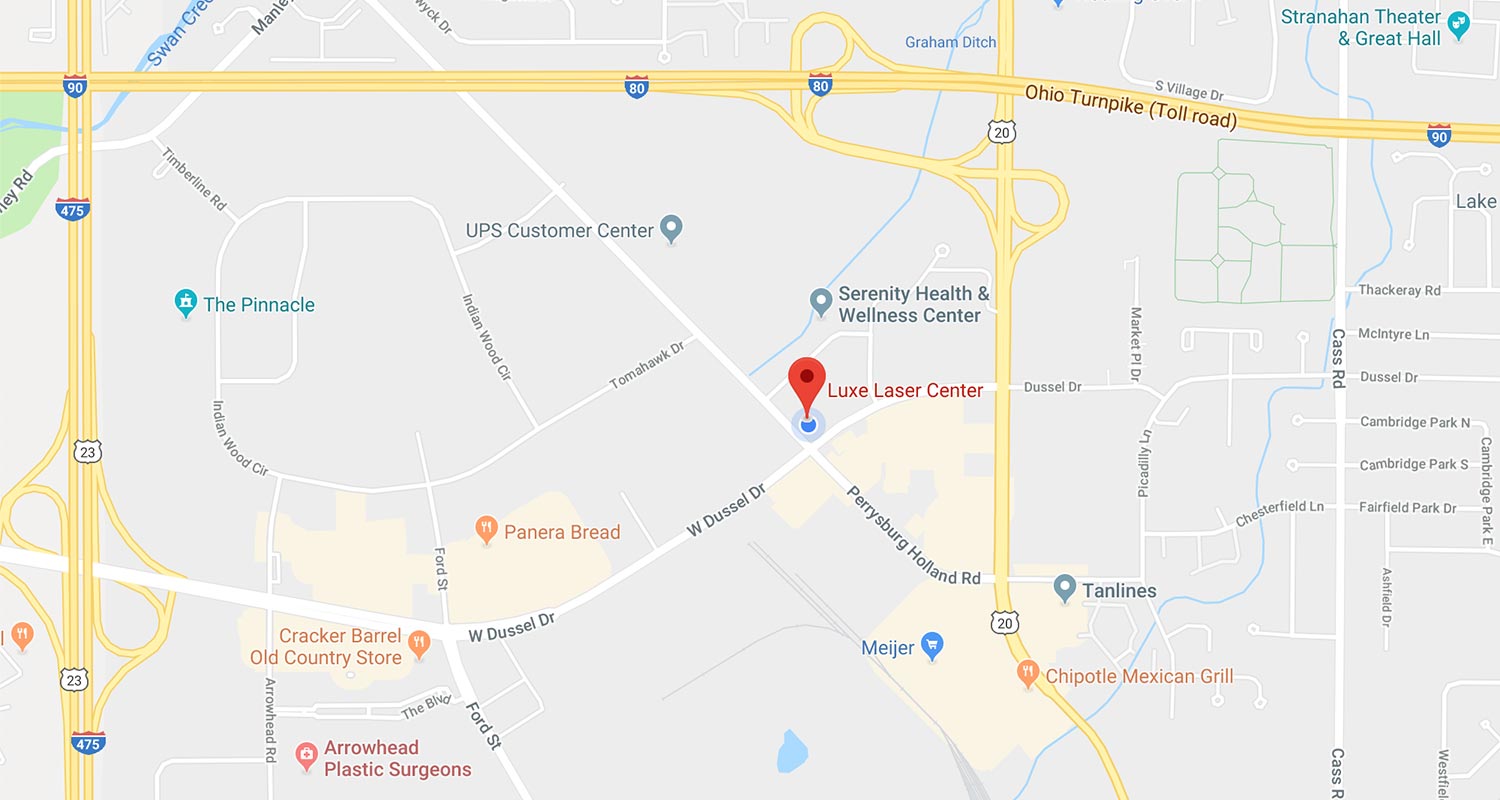Human Growth Hormone
Human Growth Hormone is responsible for cell growth and regeneration in the body. Often associated with fitness and bodybuilding, HGH also promotes health and regeneration of all tissue in the body, including the brain. The pituitary gland is responsible for secreting growth hormone into the blood stream, where the liver converts it to Insulin-like Growth Factor-1, commonly known as IGF-1.
Both sexes peak around puberty, and have sharp declines in growth hormone beginning in their early to mid twenties. Female patients have spikes in production of growth hormone during pregnancy, to support the additional tissue growth requirements of the baby.
What is HGH used for?
HGH is used in adults to treat HGH deficiency, which is diagnosed through patient consultation and a simple blood draw to check a variety of hormone levels. Symptoms are similar to testosterone deficiency, with emphasis on difficulty putting on muscle, difficulty losing fat, and decreased tolerance to strenuous work or workouts. Additionally, growth hormone supports mental acuity, anti-aging, sexual wellness, and an overall healthy feeling.
Some individuals use HGH for unfair performance gain, which is why most major sports have banned the supplementation of HGH in athletes. Many of these individuals rely on HGH to maintain the performance edge, and eventually progress to using unsafe dosing or are unsupervised in their use of HGH, which can create extreme side effects like swollen limbs or organs. These side effects are extremely rare when dosing is within reason and supplementation is monitored by a physician.
How to Safely Increase HGH
Oral supplements and over-the-counter products are unregulated and have little chance of providing any increase in patient HGH levels. Usually, these products contain other ingredients to help boost mood so that the patient believes that hormone levels are increasing. They provide no actual increase in HGH, and healthy patients already taking a well-rounded multi-vitamin may not see any difference as they likely already supplement with the mood-boosters in OTC HGH supplements.
Historically, the only reliable way to increase HGH was to inject a physician-prescribed dose on a proper schedule. However, injection of HGH has many side effects that are recently coming to light, mainly that injection of HGH bypasses the body’s own ability to regulate HGH levels. This is becoming increasingly frowned upon by the medical community.
Thankfully, there is a solution to boost HGH without side effects and while maintaining the body’s internal regulatory systems. Sermorelin is the precursor to HGH, and it is prescribed in injectable form to increase pituitary gland production of natural HGH. This allows your body to maintain the checks and balances that it uses to monitor and regulate HGH while still dramatically increasing the production of HGH in the body. It does not share any of the side effects that HGH injections have, and poses no threat to the natural production of HGH.
HGH is part of our hormone replacement therapy program, and patients can be prescribed a dose that brings them back to their youthful levels of HGH, supporting anti-aging, muscle growth, fat loss, sexual wellness, mental acuity, and positive mood.
HGH Cost
Sermorelin prescriptions are available to qualifying patients in our physician-monitored hormone replacement therapy program, which also includes testosterone replacement, estrogen/progesterone balancing, sexual wellness medication, and more. Hormone replacement must be closely monitored, and requires occasional blood work and physician consults.
The program administration fee is $500/quarter and patients or their insurance are responsible for paying for any prescriptions that the patient requires, as that cost can vary widely and cannot be included in the hormone replacement program administration fee.
Ready to book your appointment?
Schedule your appointment with Luxe Laser, Northwest Ohio's premier cosmetic medicine facility, today.

